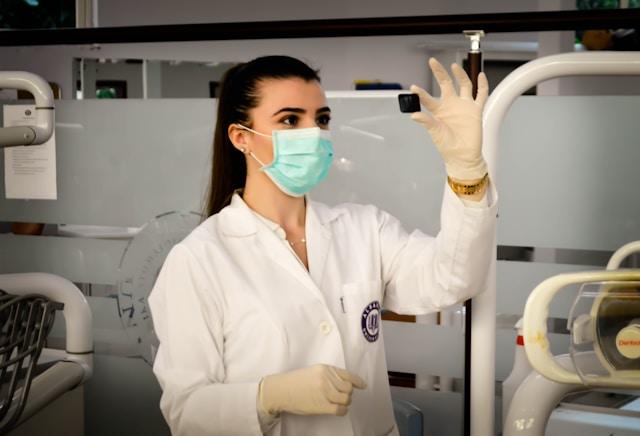Uses in Urdu: A Dawaai Guide
Medicines, or "Dawaa," are an essential part of modern healthcare. In Urdu-speaking communities, awareness about the uses and importance of common medicines is crucial. This blog provides a comprehensive guide to the uses of some widely prescribed medicines Uses in Urdu. We'll discuss their benefits, precautions, and how they should be used for various health conditions.
Understanding Dawaa and Its Importance
"Dawaa" is the Urdu term for medicine, which is used to treat or prevent diseases, relieve symptoms, or help the body recover from illness. Understanding the proper use of medicines can help ensure they are effective and safe. In the context of Urdu-speaking households, where people may prefer reading about health in their native language, it's important to explain the uses of common medicines in simple terms.
1. Paracetamol :
- Uses: Paracetamol, also known as acetaminophen, is one of the most commonly used pain relievers and fever reducers. It is helpful for headaches, muscle aches, and fever.
- Precautions: It is important to avoid overdose, as high doses can lead to liver damage. Always follow the recommended dosage on the label or as prescribed by the doctor.
2. Ibuprofen :
- Uses: Ibuprofen is an anti-inflammatory drug that reduces pain, inflammation, and fever. It is used to treat conditions such as arthritis, toothaches, and menstrual pain.
- Precautions: Long-term or high-dose use may lead to stomach issues or kidney problems. Always take it with food to reduce stomach upset.
3. Ciprofloxacin :
- Uses: Ciprofloxacin is an antibiotic that treats bacterial infections, including urinary tract infections (UTIs) and respiratory infections. It works by killing bacteria and preventing their growth.
- Precautions: It should not be used for viral infections like the common cold. Complete the full course as prescribed, even if you start feeling better.
4. Dexamethasone :
- Uses: Dexamethasone is a corticosteroid used to treat inflammation, severe allergies, asthma, and autoimmune disorders. It helps reduce swelling and allergic reactions.
- Precautions: Prolonged use of steroids like dexamethasone can cause side effects such as weight gain, high blood sugar, and weakened immunity. Consult your doctor before starting this medicine.
5. Metformin :
- Uses: Metformin is a common medication used to control blood sugar levels in people with type 2 diabetes. It works by lowering glucose production in the liver and improving the body’s sensitivity to insulin.
- Precautions: It is crucial to maintain a balanced diet and exercise routine while taking metformin. Regular monitoring of blood sugar levels is recommended.
6. Omeprazole :
- Uses: Omeprazole is a proton pump inhibitor (PPI) used to treat acid reflux, stomach ulcers, and gastroesophageal reflux disease (GERD). It reduces the production of stomach acid, providing relief from heartburn and indigestion.
- Precautions: Long-term use of PPIs can lead to nutrient deficiencies, such as vitamin B12 deficiency. It is advised to take this medicine under a doctor's guidance for prolonged periods.
7. Cetirizine :
- Uses: Cetirizine is an antihistamine used to treat allergies, such as hay fever, runny nose, and itching. It provides relief from allergic reactions by blocking the action of histamine, a substance in the body that causes allergic symptoms.
- Precautions: Cetirizine can cause drowsiness in some individuals, so avoid driving or operating heavy machinery if you experience this side effect.
8. Amoxicillin :
- Uses: Amoxicillin is another antibiotic commonly prescribed to treat bacterial infections such as bronchitis, pneumonia, and infections of the ear, nose, throat, and skin.
- Precautions: Like ciprofloxacin, amoxicillin should only be used for bacterial infections. Make sure to complete the full course of antibiotics to prevent antibiotic resistance.
Conclusion
Medicines, or "Dawaa," play a vital role in maintaining health and treating various conditions. However, understanding their proper use is key to ensuring safety and effectiveness. When taking any medicine, it's important to follow the prescribed dosage and be aware of potential side effects. For those who speak Urdu, having access to health information in their native language can make a big difference in understanding and following medical advice.












Comments